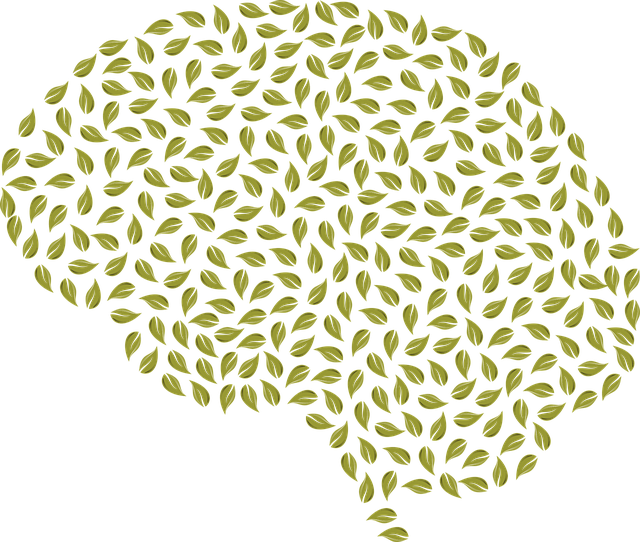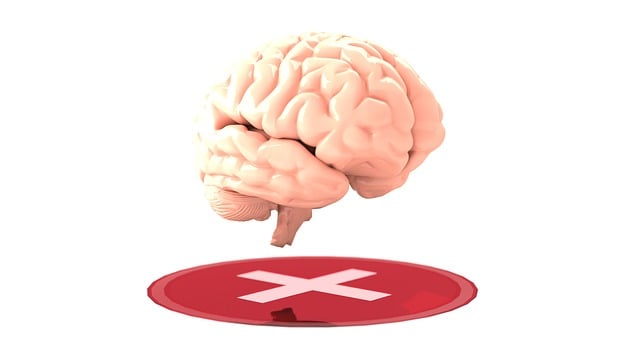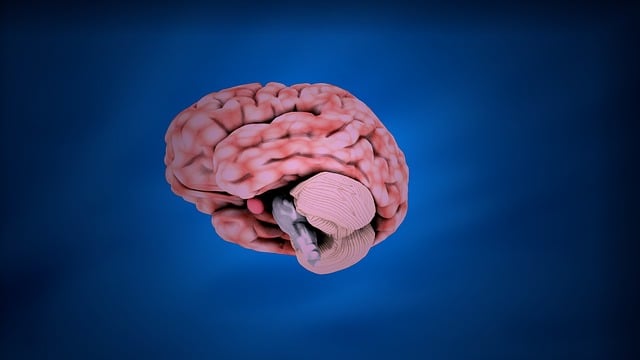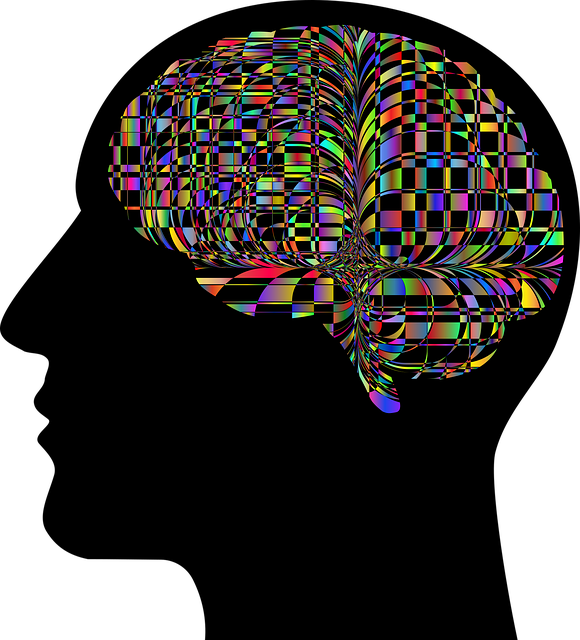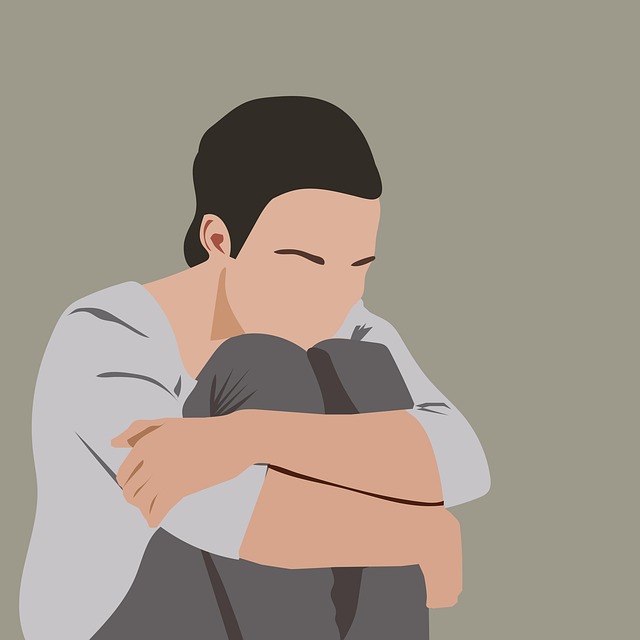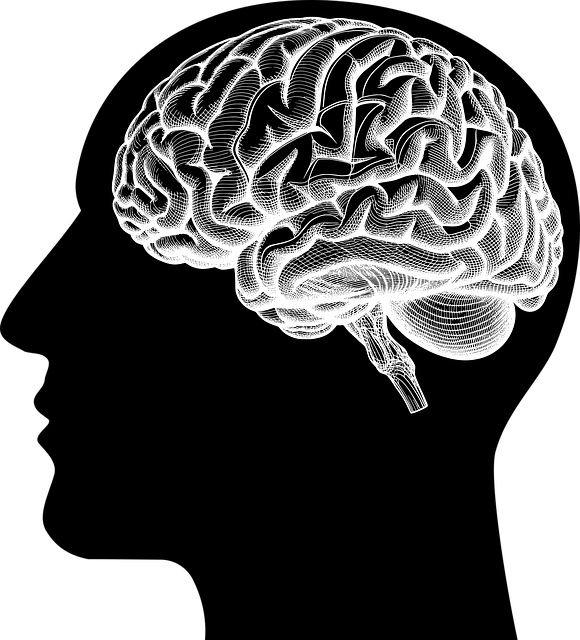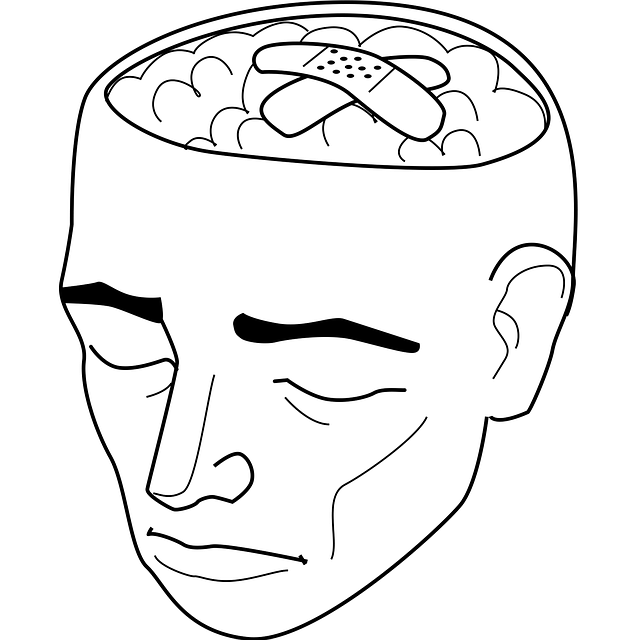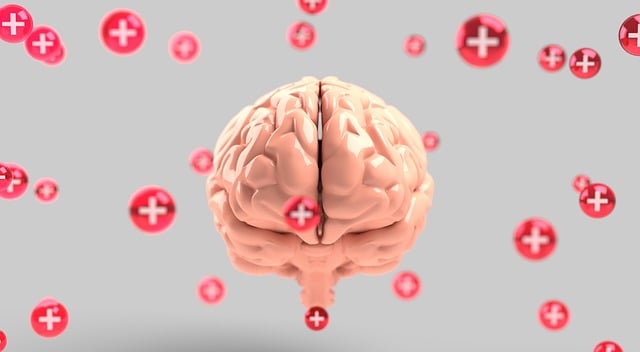Mental wellness group facilitation uses interactive techniques like journaling and crisis intervention (informed by the Parker Drug Abuse-Substance Abuse Therapy model) to create safe, supportive spaces. This approach empowers individuals dealing with addiction and mental health challenges by fostering connections, encouraging insight, and teaching coping strategies for long-term recovery. Facilitators must be culturally sensitive to ensure inclusivity, making these group sessions a powerful tool for healing and community building within diverse populations.
Mental wellness group facilitation plays a pivotal role in promoting healing and recovery, especially in addressing substance abuse. This article explores effective techniques for facilitating supportive communities, drawing from the specialized approach of Parker Drug Abuse-Substance Abuse Therapy. We delve into understanding mental wellness group dynamics, engaging participants, and fostering an environment conducive to recovery. By examining these strategies, professionals can enhance their facilitation skills, ultimately supporting individuals on their path to well-being.
- Understanding Mental Wellness Group Facilitation
- Parker Drug Abuse-Substance Abuse Therapy: A Specialized Approach
- Effective Techniques for Group Engagement
- Promoting Healing and Recovery through Community
Understanding Mental Wellness Group Facilitation

Mental wellness group facilitation is a specialized skill that goes beyond simple conversation and support. It involves creating a safe, inclusive space where individuals can share their experiences, gain insights, and learn coping strategies for managing mental health challenges. Facilitators play a crucial role in guiding these groups, fostering open dialogue, and encouraging emotional expression. By utilizing techniques such as Mental Wellness Journaling Exercises, Crisis Intervention Guidance, and Emotional Well-being Promotion Techniques, facilitators help members navigate their struggles and cultivate resilience.
This approach is particularly impactful when addressing issues like substance abuse, as demonstrated by Parker Drug Abuse-Substance Abuse Therapy models. Group facilitation creates a supportive network where individuals can confront their addictions, share their stories, and find strength in shared experiences. It empowers participants to take ownership of their mental wellness, offering them valuable tools for long-term recovery and improved overall well-being.
Parker Drug Abuse-Substance Abuse Therapy: A Specialized Approach

The Parker Drug Abuse-Substance Abuse Therapy (PDASAT) is a specialized approach that focuses on addressing complex issues related to drug and substance abuse. This technique, developed by mental health professionals, integrates crisis intervention guidance with evidence-based practices to provide comprehensive care for individuals struggling with addiction. PDASAT goes beyond traditional therapy by considering the interconnectedness of physical, emotional, and psychological aspects, offering a holistic healing process.
Guiding principles include risk assessment for mental health professionals, ensuring they can identify and manage potential risks within their practice. By combining tailored interventions with anxiety relief strategies, PDASAT facilitates a safe space for clients to explore their addiction’s root causes. This approach empowers individuals to make positive changes, fostering resilience and long-term recovery in a supportive environment.
Effective Techniques for Group Engagement

Effective group facilitation techniques are essential for creating an engaging and therapeutic environment, especially in mental wellness settings. One powerful approach is to incorporate interactive activities that encourage active participation. For instance, facilitators can use icebreakers to foster connections among group members, making it easier to open up about their experiences. These initial activities set the tone for subsequent discussions on substance abuse recovery, resilience building, and stress management workshops organization.
Additionally, cultural sensitivity in mental healthcare practice plays a vital role in group dynamics. Facilitators should be mindful of diverse backgrounds within the group, ensuring that every individual feels respected and heard. By acknowledging and incorporating cultural perspectives, sessions can become more inclusive and effective, addressing unique challenges faced by participants during Parker Drug Abuse-Substance Abuse Therapy.
Promoting Healing and Recovery through Community

Building a supportive community can be a powerful tool for promoting healing and recovery among individuals dealing with mental wellness issues, especially in cases of drug abuse or substance use disorders. Similar to Parker Drug Abuse-Substance Abuse Therapy, group facilitation techniques focus on creating safe spaces where people can connect, share experiences, and offer mutual support. This sense of belonging is crucial for overcoming challenges related to mental health and addiction.
Through group sessions, participants gain access to a network of peers who understand their struggles, fostering a sense of cultural competency among healthcare providers. Engaging in self-awareness exercises and open discussions about mood management can help individuals process their emotions, develop coping strategies, and strengthen their support systems. These techniques create an environment conducive to recovery, where every member feels valued and empowered to contribute to collective healing.
Mental wellness group facilitation plays a pivotal role in promoting healing, recovery, and community engagement. Techniques like those employed in Parker Drug Abuse-Substance Abuse Therapy offer specialized support tailored to diverse needs. By fostering an inclusive environment and employing effective strategies, facilitators can enhance group dynamics, encouraging open dialogue and meaningful connections. This collective approach not only accelerates personal growth but also strengthens the sense of belonging, ultimately contributing to improved mental wellness outcomes within supportive communities.

